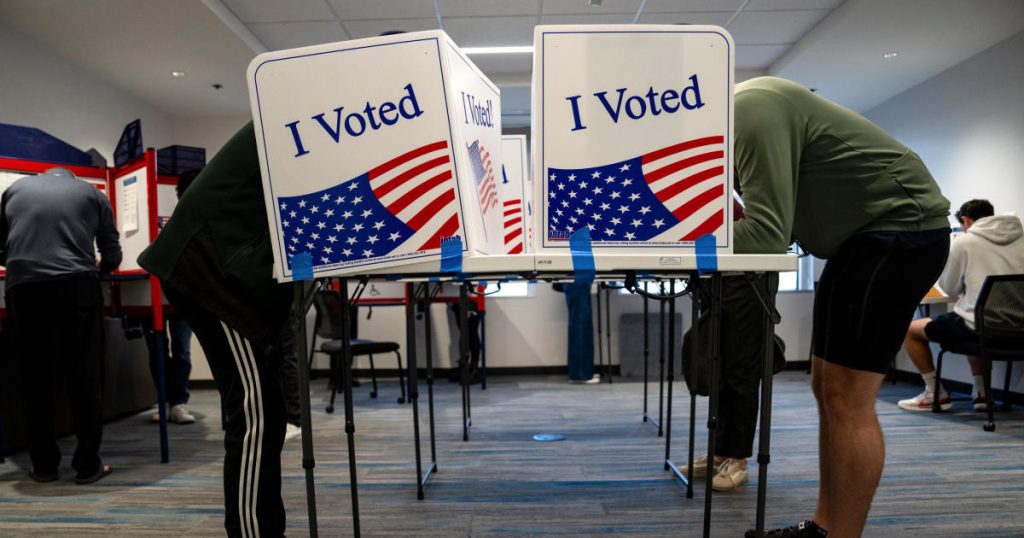As the 2024 presidential election approaches, a surge in legal battles surrounds the voting process, with numerous lawsuits being filed by both parties. While many of these cases focus on state laws and are being deliberated by state courts, some may escalate to the U.S. Supreme Court. The court’s involvement in the 2000 Bush v. Gore ruling sets a precedent for potential intervention in this election cycle. However, recent cases have shown a reluctance on the part of the Supreme Court to interfere, often rejecting opportunities to disrupt the established election procedures. This cautious approach is aimed at avoiding last-minute changes that could confuse voters and election officials.
Despite lower courts dismissing many cases due to late filings, there is a possibility that the Supreme Court may become involved in situations where the outcomes have significant implications. Allegations of voter fraud could also lead to post-Election Day cases, prompting the Supreme Court to make critical decisions. In the 2020 election, former President Trump and his supporters filed multiple lawsuits alleging voter fraud, the majority of which were unsuccessful. Similar trends have been observed in the current election cycle, with the Republican National Committee initiating 130 suits across 26 states. The potential impact of these legal battles could shape the final outcome of the election.
Among the numerous cases unfolding across the country, several are focused on crucial battleground states that hold the key to the election results. One such case involves Alabama and Virginia’s efforts to remove potential noncitizen voters from registration rolls. These actions have sparked lawsuits from the Justice Department, highlighting violations of federal voting laws. In another instance, Mississippi’s law allowing the counting of late-arriving mail ballots faced legal challenge, with a federal appeals court recently ruling against the measure, potentially impacting the handling of ballots in the upcoming election.
Pennsylvania has also emerged as a legal battleground, with disputes over mail ballot procedures raising concerns from both parties. The state’s notice-and-cure policy for mail ballots and the criteria for accepting ballots with incorrect dates on envelopes have triggered lawsuits that could impact the tally of mail-in votes in a close election scenario. Challenges related to the implementation of federal laws on overseas and military voting in Pennsylvania, Michigan, and North Carolina have also surfaced, with Republicans contesting certain provisions that they claim violate state and federal regulations.
A lawsuit in Michigan brought by the Republican National Committee and voters challenges the accuracy of voter rolls in the state, alleging discrepancies that could compromise electoral integrity. While the lawsuit was dismissed by a federal judge on technical grounds, it reflects ongoing concerns about voter registration processes. Finally, natural disasters such as hurricanes in the South have led to obstacles in voting access, prompting legal action to address urgent issues related to voter registration and ballot collection. Despite the challenges posed by these disasters, the Supreme Court has yet to see cases with potential for review, emphasizing the complexities surrounding legal battles in the lead-up to the election.


